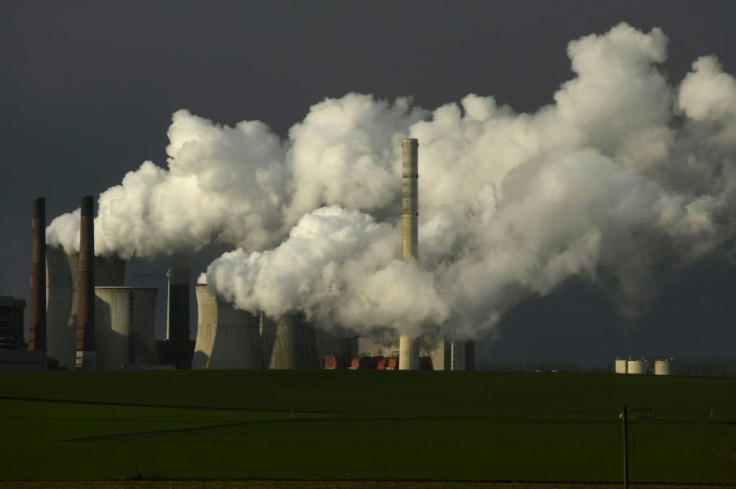Australia's 4 Major Banks Accused Of AU$61 Billion Fossil Fuel Financing Since 2015

A recent report on how Australia's major four banks -- ANZ, NAB, Westpac, and CommBank -- bankrolled a total of AU$61 billion on fossil fuel projects via bonds and corporate lending has raised concerns about back door financing, in addition to violating the 2015 Paris Climate Agreement.
In its Banking Climate Failure report published recently, the environmental advocacy group Market Forces revealed that in 2023, the banks lent $3.6 billion to the fossil fuel industry, taking the total loans to AU$61 billion since 2015, The Guardian reported.
Market Forces also revealed details of the four major banks indulging in back door ways, such as market bonds or corporate lending to sponsor fossil fuel projects, as direct support to oil and gas projects has dried up.
The Paris Agreement aims to keep global temperature below 2 degrees Celsius with the goal of 1.5C. Australia is a party to the agreement.
While NAB was the largest lender in 2023 with AU$1.4 billion, ANZ topped the list, reaching a total of AU$20 billion in the first quarter of 2024.
Though CBA has lent only AU$271 million in 2023, it is funding the Beetaloo gas project in NT, which has been labeled a "carbon bomb."
A study by Climate Analytics had revealed the project would emit an estimate of 1.2 billion tonnes of CO2 by 2050, ABC News reported.
Westpac granted just AU$10 billion between 2016 and 2023. Recently, the bank has started funding fossil fuel projects in Asian countries.
ANZ made a profit of AU$7.4 billion in 2023, while granting AU$903 million over the year to fossil fuel companies and arranged AU$1.5 billion in bonds to oil and gas companies.
However, the refusal of the banks to top up thermal coal miner, Whitehaven, last year, was an encouraging sign, the report stated.
Kyle Robertson, banks analyst at Market Forces, said this indirect lending was worrying, as it impeded safe climate when they approved funding companies that were steaming ahead with oil, coal and gas.
"We're really concerned about this back-door type of financing," he said. "The big four banks are engaged in a monumental facade as long as they continue undermining a safe climate by funneling billions to companies steaming ahead with more coal, oil and gas."
"Over half of ANZ's bond financing [in 2023] went to companies with coal, oil or gas expansion plans. About 38% of fossil fuel financing in 2023 was in the form of bonds. "[Bonds] can be a way that [banks] can continue to fund these companies or arrange finance for these companies and keep them as clients even when they're not showing up exactly on their books," Robertson said.
Questioning the methodology used in the report, an ANZ spokesperson said, "It's important to remember this is the most carbon-intensive part of our economy and financing its transition to net-zero will require significant capital."
© Copyright 2025 IBTimes AU. All rights reserved.





















